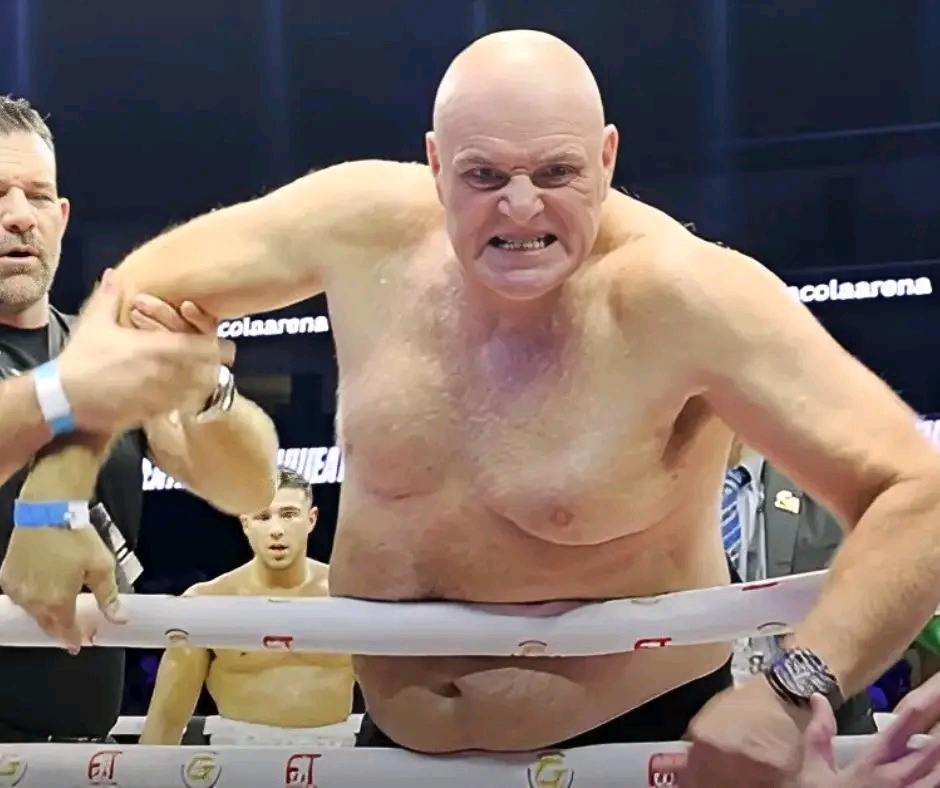

This isn't just a story about a man overshadowed by his son's brilliance; it's a tale of hubris, desperation, and the strange, often unsettling intersection of legacy and infamy.
John Fury’s name carries weight in boxing circles, but not for the reasons one might expect. His son, Tyson Fury, is a generational talent, a heavyweight whose mixture of agility, wit, and raw power has redefined the sport. But John? He exists in a shadow of his own making—one shaped less by achievement and more by controversy, bravado, and a history that reads like a cautionary tale.
To understand why John Fury is often dismissed—or worse, derided—as a clown in the sport, one must look past the surface-level theatrics. This isn’t the kind of buffoonery that amuses; it’s the type that unsettles. There is no grand self-awareness, no wink to the audience. Instead, there’s a man whose presence in boxing has been defined not by his own skill but by the relentless, often abrasive manner in which he inserts himself into the spotlight.
Consider his role in Tyson’s press conferences, where his interruptions feel less like fatherly pride and more like desperate grabs for relevance. He shouts, he postures, he makes grand pronouncements, but the boxing world—savvier than he gives it credit for—sees through the act. When he attacked a member of Oleksandr Usyk’s camp in Saudi Arabia, it wasn’t the move of a respected elder statesman but the impulsive flailing of a man whose identity seems increasingly tied to controversy.
John Fury’s own boxing career was unremarkable. A decent journeyman at best, he never found the kind of success he imagined himself destined for. The moment that lingers most from his in-ring career isn’t a victory but a brutal, lopsided defeat at the hands of Henry Akinwande. Fury insists he was hard done by in that fight, a narrative he has clung to for decades. But in truth, the result was decisive—Akinwande dismantled him in three rounds, leaving no room for excuses.
What, then, defines John Fury? For some, it’s the infamous prison sentence for gouging out a man’s eye, a crime as grotesque as it is revealing. There’s a pattern here—an inclination toward violence, a lack of control, a need to impose himself physically when words fail to achieve the desired effect.
In a different world, he might have been a respected mentor, a guiding hand in Tyson’s rise rather than a sideshow. Instead, he has chosen—or perhaps fallen into—a role that diminishes rather than elevates. His presence in the sport isn’t that of a legend or a respected figurehead; it’s a footnote in a much grander story, one that exists despite him rather than because of him.
So, is John Fury a clown? Not in the way that term usually suggests. The humor is absent, the self-awareness lacking. Instead, he is something more tragic—a man forever chasing the shadow of a greatness that was never meant to be his.
Be the First to Comment